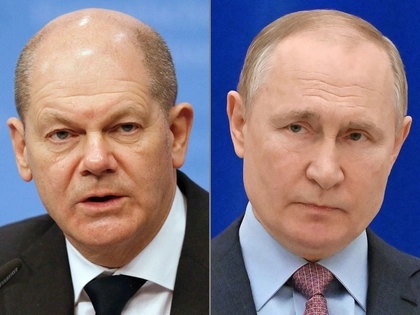A day after the parliamentary elections in Georgia, the situation, I’m afraid, looks desperate.
The pro-regime exit poll gave the lead to the ruling pro-Russian and anti-Western “Georgian Dream” party run by the richest Georgian oligarch Bidzina Ivanishvili (56.1%), while the two exit polls commissioned by two pro-democratic TV stations projected a victory of the potential coalition of several pro-Western parties.
JOIN US ON TELEGRAM
Follow our coverage of the war on the @Kyivpost_official.
Objectively, none of the three exit-polls can be fully trusted. However, the official results of the elections are in favor of the Bidzina regime (53.9%).
What can be said for sure is that, in Georgia, we saw an entire range of techniques of electoral fraud and manipulation both well before the elections and on the election day.
And those techniques have general post-Soviet and specifically Russian roots alike: attacks against the civil society, financial imbalance of the competing political forces, voter intimidation and physical violence, political bias of the Central Election Committee, to name a few techniques.
Now, let me be a bit cynical here: None of this matters.
What matters – if we are talking about the future of a democratic, pro-European Georgia – are three things:
- Reports of major international elections monitoring missions (first and foremost, OSCE ODIHR): How bad were the elections?
- The EU’s collective reaction to the Georgian elections: Shall the EU recognize the elections as legitimate?
- Efforts of the Georgian pro-Western political forces, who claim victory in the elections, and civil society groups, who support Georgia’s pro-Western course, to defend their – yet officially contested – electoral victory.
And now the sad part:
- The reports of the major election monitoring missions are unjustifiably ambiguous (and were perhaps coordinated in terms of their ambiguity): they discuss irregularities during the entire election process but do not go too far as to conclude that the elections cannot be considered as actual elections.
- The EU does not seem to have the spirit (and consensus, see Victor Orbán’s early congratulations to Ivanishvili) to openly challenge the Georgian government and - by extension - the Kremlin, which too obviously celebrates the alleged victory of its anti-Western allies in Georgia.
- And all this now puts an enormous and overwhelming pressure on pro-democratic Georgians. Without any clear, explicit support either from the election monitoring missions or the EU, Georgians are left alone today in their fight for a European future.
The protest mobilization and the decision of Georgia’s President Salome Zurabishvili, who is opposed to the Ivanishvili regime, not to recognize the official results of the elections may be a start, but the actual fight will require from Georgians so much unbearably more.

European Troops in Ukraine Could Guarantee Future Peace Deal: Kyiv Official
This commentary is reprinted with permission from the author’s LinkedIn site. See the original here.
The views expressed in this opinion article are the author’s and not necessarily those of Kyiv Post.
You can also highlight the text and press Ctrl + Enter






